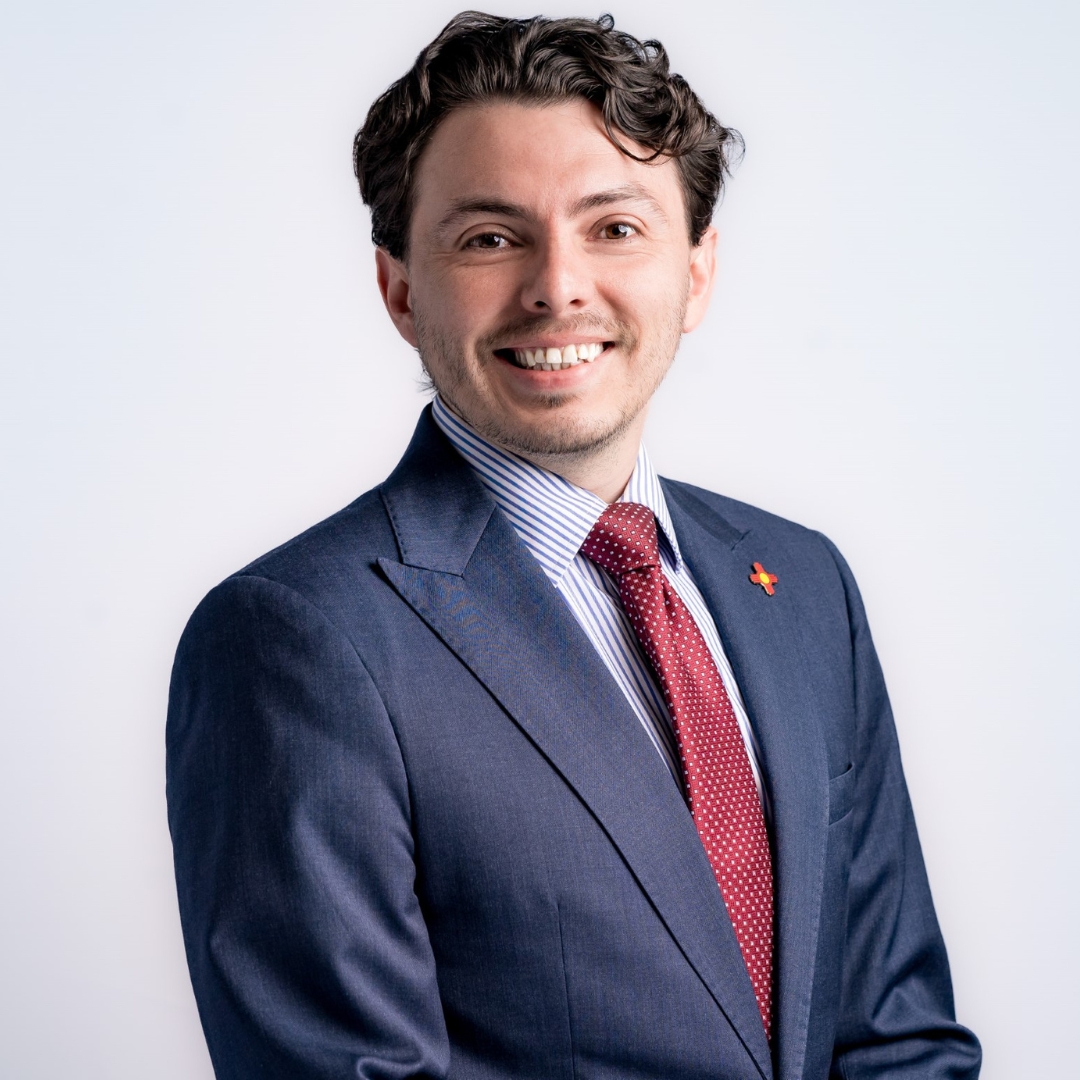
Stable, affordable healthcare coverage helps ensure children can get the care they need to thrive. Since the Medicaid “unwinding” started in Spring 2023, over 420,000 children have lost their health care coverage in Florida. Many of these children are still eligible for Medicaid but were disenrolled due to administrative issues. Despite encouragement from the federal government to adopt policies that would help reduce unnecessary health care coverage losses, Florida has refused. In fact, Florida has adopted zero of the policies that would help children and families stay better connected to health care coverage as the unwinding continues to unfold. These issues have even led to a lawsuit and civil rights complaint against Florida for its handling of the unwinding.
Underlying the issues with the state’s handling of the unwinding is the issue that for many of the children who are truly no longer eligible for Medicaid, Florida should be referring them to their Children’s Health Insurance Program (CHIP), known in Florida as Healthy Kids. A positive development related to this was that in June 2023, the Florida legislature unanimously passed and Governor DeSantis signed into law legislation to increase the income eligibility levels for the Healthy Kids program to 300% of the federal poverty level. This expansion was supposed to go into effect on January 1, 2024. However, Florida officials missed a critical step: the state did not submit a waiver application to the federal government to receive permission to implement the expansion.
With the passage of the Affordable Care Act (ACA) in 2010, there was a technical change to how states are able to make changes to their Medicaid and CHIPs, including expanding their CHIP income eligibility thresholds. Often states can make changes to their Medicaid and CHIPs through state plan amendments (SPAs), a process where a state lets the federal government know of changes it is making to its Medicaid/CHIP (in compliance with federal law). SPAs are deemed approved unless the Centers for Medicare & Medicaid Services (CMS) explicitly disapproves the SPA or requests additional information within 90 days of submission. If a state wants to test novel, innovative ways of providing Medicaid/CHIP coverage – for example, a state wants to provide continuous eligibility for children from birth through age 5 – a section 1115 waiver application is required. This process typically involves more requirements than a SPA such as state and federal comment periods. Also, whereas SPAs generally do not expire, section 1115 waivers are time limited. With language added by the ACA, states must generally submit a section 1115 waiver to expand their CHIP eligibility thresholds.
Florida failed to go through the process for submitting a section 1115 waiver before the end of 2023. This means that the Healthy Kids expansion is currently not in effect and will not be during these critical, final months of the Medicaid unwinding.
Thankfully, Florida is working on submitting its waiver application to the federal government. However, it will take several months before implementation can be approved. While awaiting approval, Florida should adopt available unwinding flexibilities to reduce the number of kids losing health care coverage.
Despite Florida’s mishandling of its CHIP expansion, Congress can help alleviate this issue for other states in the future. Congress has had several opportunities to make a technical fix that would allow states to expand their CHIP eligibility thresholds via a SPA, rather than the waiver process. Language was included in the Build Back Better Act during the 117th Congress, but that legislation was not adopted. Language that would make this fix is currently included in H.R. 4771, introduced by Rep. Barragán, which in addition to making this technical fix would also ensure that CHIP’s funding is made permanent.
We encourage Congress to act on making CHIP funding permanent and improving state flexibility to expand their CHIP eligibility thresholds. Stopping short of making CHIP permanent, however, Congress should adopt the language that would allow states to expand their CHIP eligibility via SPA rather than a waiver. This simple technical fix can reduce mishaps like the one in Florida, streamlining the processing and encouraging CHIP expansion in other states.
For more questions about this issue or other issues related to Medicaid or CHIP coverage, please contact our Vice President for Medicaid and Child Health Policy, Abuko D. Estrada, J.D., at abukoe@wordpressmu-1207585-4417844.cloudwaysapps.com.
